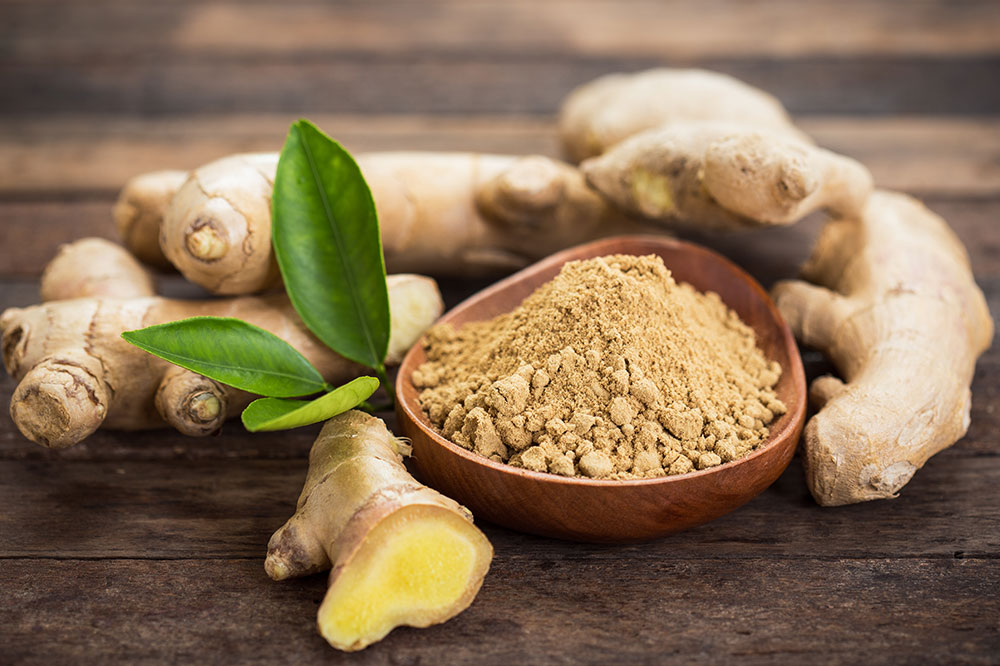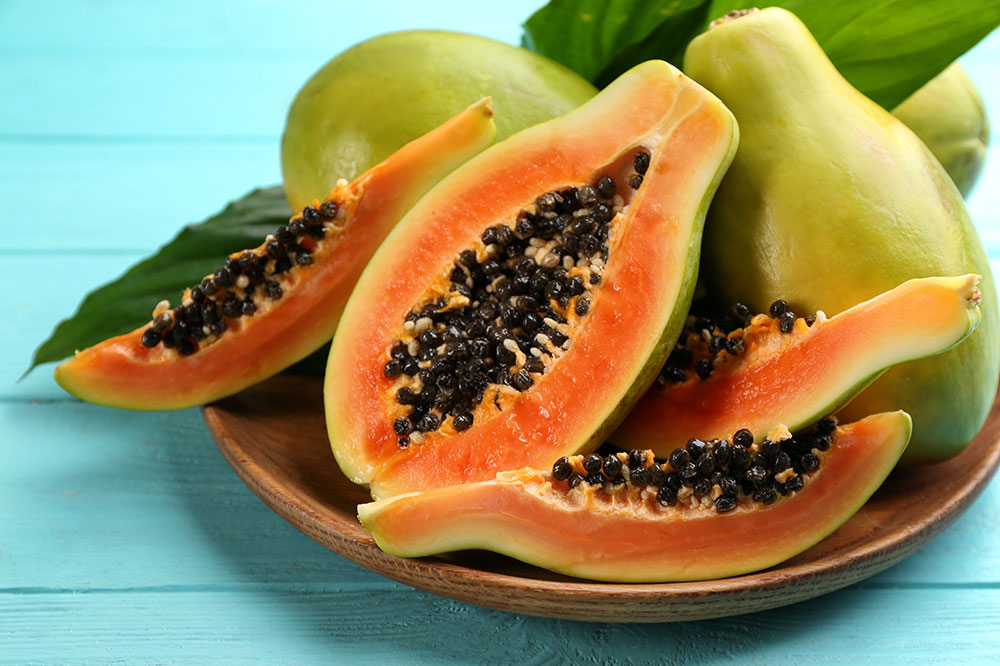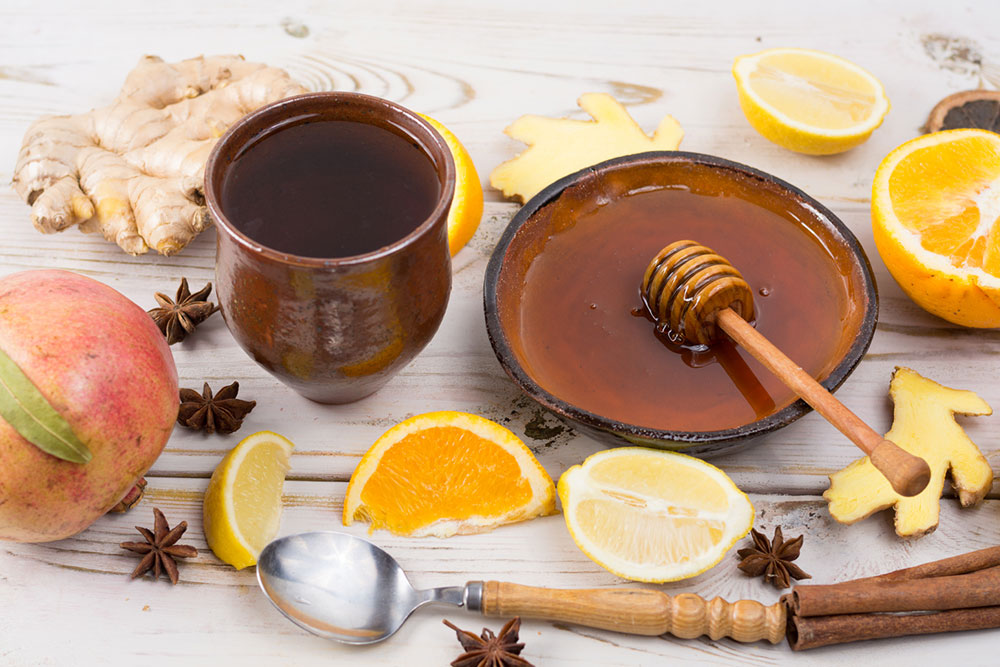Comprehensive Natural Approaches and Nutritional Tips for Managing Nasal Polyps
Discover effective natural strategies and dietary tips to manage nasal polyps. This comprehensive guide covers nutrient-rich foods, home remedies, and lifestyle tips to reduce inflammation, improve sinus health, and alleviate symptoms naturally. Incorporate these holistic approaches for better respiratory well-being and enhanced quality of life.

Comprehensive Natural Approaches and Nutritional Tips for Managing Nasal Polyps
Nasal polyps are non-cancerous growths that develop inside the nasal passages and paranasal sinuses. These soft, painless growths are often associated with chronic inflammation due to allergies, recurrent infections, or respiratory conditions such as asthma. Although pharmacological treatments and surgical interventions are common options, a proactive approach incorporating natural strategies and dietary adjustments can significantly help in managing symptoms and supporting overall sinus health.
Nasal polyps can lead to persistent nasal congestion, difficulty breathing through the nose, loss of taste or smell, recurrent sinus infections, and discomfort. These issues can diminish quality of life, especially if left untreated. While medications like corticosteroids and antihistamines offer short-term relief, patients increasingly turn to natural remedies and dietary modifications for a holistic approach. These strategies aim to reduce inflammation, boost immunity, and promote healing of sinus tissues.
In this detailed guide, we explore scientifically-backed natural strategies and dietary tips to help manage nasal polyps effectively. From nutrient-rich foods to simple home remedies, learn how to support your body's natural defenses and improve your sinus health sustainably.
Eating Foods Rich in Essential Vitamins and Minerals
One of the foundational aspects of supporting sinus health through diet involves consuming foods high in essential vitamins and minerals. Nutrients like Vitamin A, Beta Carotene, Vitamin C, and Vitamin E play critical roles in boosting immune function, reducing inflammation, and repairing tissues damaged by chronic inflammation or infections.
**Vitamin A and Beta Carotene-Rich Foods:** These nutrients are vital for maintaining the integrity of mucous membranes and enhancing immune responses. Including foods such as spinach, carrots, sweet potatoes, butternut squash, cantaloupe, mangoes, and apricots can naturally elevate your vitamin A levels. Regular consumption of these foods helps reduce sinus inflammation and enhances tissue healing.
**Vitamin C and E:** Known for their powerful antioxidant properties, Vitamins C and E combat oxidative stress caused by ongoing inflammation. Incorporate citrus fruits like oranges and grapefruits, berries, nuts such as almonds and walnuts, seeds like sunflower and pumpkin seeds, and legumes into your diet. These foods support tissue repair and help reduce the severity of sinus infections associated with polyps.
Additionally, foods rich in magnesium, like dark leafy greens, nuts, seeds, and whole grains, have anti-inflammatory properties beneficial for sinus health. Bromelain, a natural enzyme found abundantly in pineapple, has been shown to reduce sinus swelling and promote drainage. Ensuring adequate hydration by drinking plenty of water is another crucial aspect that helps thin mucus and maintain moist nasal passages.
Targeted Nutrients for Sinus Relief
Specific foods containing bioactive compounds can aid in alleviating symptoms associated with nasal polyps. For example:
**Capsaicin-Containing Spicy Foods:** Capasicin, found in cayenne peppers, helps promote sinus drainage and reduce nasal congestion by thinning mucus and calming nerve irritation.
**Quercetin-Rich Foods:** Quercetin is a natural flavonoid present in foods like onions, apples, berries, and broccoli. It acts as a natural anti-inflammatory agent and can inhibit the release of histamine, thereby reducing allergic reactions and inflammation.
**Turmeric:** The active compound curcumin demonstrates potent anti-inflammatory properties. Adding turmeric to your meals or consuming it with black pepper can help combat sinus inflammation effectively.
**Probiotics:** Incorporating probiotic-rich foods like yogurt, kefir, sauerkraut, and kimchi supports gut health, which in turn strengthens immune function. A healthy gut microbiota is key to reducing systemic inflammation, including that affecting sinuses.
Remember to stay well-hydrated by drinking plenty of fluids such as water, herbal teas, and broths to facilitate mucus drainage and prevent dehydration of sinus tissues.
Foods to Limit or Avoid for Better Sinus Health
Certain foods and dietary habits may worsen sinus symptoms or trigger flare-ups. Limiting or avoiding the following is advisable:
**Allergens and Sensitivities:** Foods like soy, yeast, gluten, dairy, and eggs can sometimes worsen sinus congestion and promote inflammation in sensitive individuals. Pay attention to your body's responses and consider allergy testing if necessary.
**Processed and Artificial Additive-Laden Foods:** Preservatives, artificial sweeteners, colorings, and preservatives may trigger sensitivities or allergic reactions, exacerbating respiratory and sinus issues. Opt for fresh, whole foods whenever possible.
Maintaining a balanced diet with a focus on anti-inflammatory foods can significantly impact your sinus health and overall well-being.
Effective Home Remedies for Sinus Relief
Alongside dietary changes, several simple home remedies can alleviate nasal congestion and promote sinus drainage:
**Nasal Irrigation:** Using a Neti pot with sterile saline solution is a proven method to clear nasal passages, reduce mucus buildup, and alleviate pressure. It should be performed with sterile water and proper technique to avoid infections.
**Steam Inhalation:** Breathing in steam infused with essential oils like eucalyptus, tea tree, or chamomile can soothe inflamed sinus tissues and promote drainage. Add a few drops of essential oils to hot water and inhale the vapors deeply.
**Essential Oil Aromatherapy:** Diffusing essential oils such as peppermint or eucalyptus in your living space can provide aromatic relief and reduce sinus pressure. Diluted oils can also be applied topically around the nasal area but should be used with caution to avoid irritation.
**Warm Compresses:** Applying a warm cloth over the cheeks and forehead helps improve blood flow and relax sinus muscles, alleviating pain and congestion.
In addition to these remedies, maintaining good hydration, reducing exposure to environmental irritants like smoke or pollutants, and avoiding allergens can contribute to better sinus health.
In conclusion, managing nasal polyps through natural strategies involves a combination of nutritious diet choices and simple home remedies. While these approaches may not replace medical treatments, they can complement professional care, reduce symptoms, and promote long-term sinus health. Always consult with healthcare providers before starting any new treatment plan, especially if you have underlying health conditions or severe symptoms.





